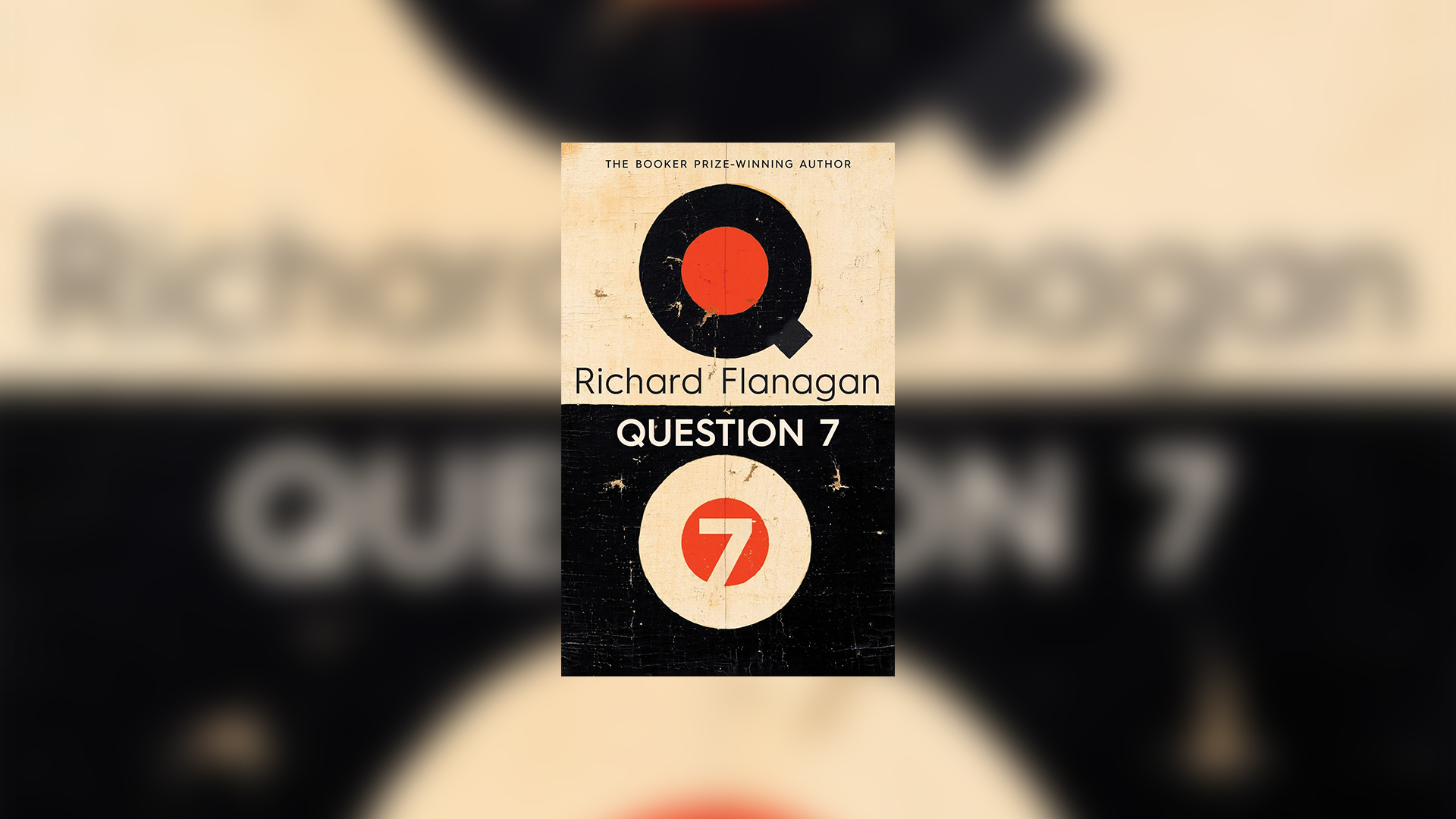When Tasmanian author Richard Flanagan was 21, he almost drowned. Trapped in his kayak he had to hold his body taut to prevent the raging waters of the Franklin River filling his mouth. That’s what reading his memoir, Question 7, is like: stories, ideas, snatches of memory cascade; language rains down in torrents, leaving you dizzy, struggling for breath.
His title is from a Chekhov short story, which poses a maths equation about a train leaving station A for station B, but finishes: “Who loves longer, a man or a woman?” “Who?” Flanagan continues: “You, me, a Hiroshima resident or a slave labourer? And why do we do what we do to each other?”
The slave labourer is Flanagan’s father: a POW in a Japanese coal mine. He would have died of exhaustion had the US not ordered the nuclear attacks. That he survived while the lives of others were instantaneously snuffed out is part of a moral calculus of war: the what-actually-happened versus the what-ifs. We know (roughly speaking) what dropping the atomic bombs cost, we can never know what the cost of not dropping them would have been.
The war they ended was founded on genocide. So too was Tasmania, its aboriginal inhabitants almost wiped out by the colonisers, who also oppressed its new convict population. Flanagan explores the impact of degradation on their descendants, including his grandmother – turned brittle by shame – and his father, who moves like a ghost through his children’s lives. All this is set against the butterfly effect of HG Wells’ first encounter with Rebecca West. If Wells had not tried to sublimate his desire – Flanagan theorises – he would not have written The World Set Free, in which he foresees the creation of the atomic bomb. If the physicist Leo Szilard had not read it, he wouldn’t have understood the significance of his epiphany about a nuclear chain reaction, or the consequences if Germany had worked out how to harness its power first. If he hadn’t understood that, he would not have persuaded Einstein to petition Roosevelt, and Roosevelt might never have authorised the Manhattan Project.
On such coincidences does the world turn. But, as Chekhov divined, life’s mysteries cannot be understood through the lens of facts. Words are Flanagan’s salvation: he strings them together to make mesmerising sentences, and yet he understands their limitations.
The book’s epigraph is from a review of Moby Dick. “The question is put,” the reviewer says, “but where is the answer?” That Flanagan won’t resolve Chekhov’s metaphysical conundrum is a given. But accompanying him on his literary quest is a transformative experience.






